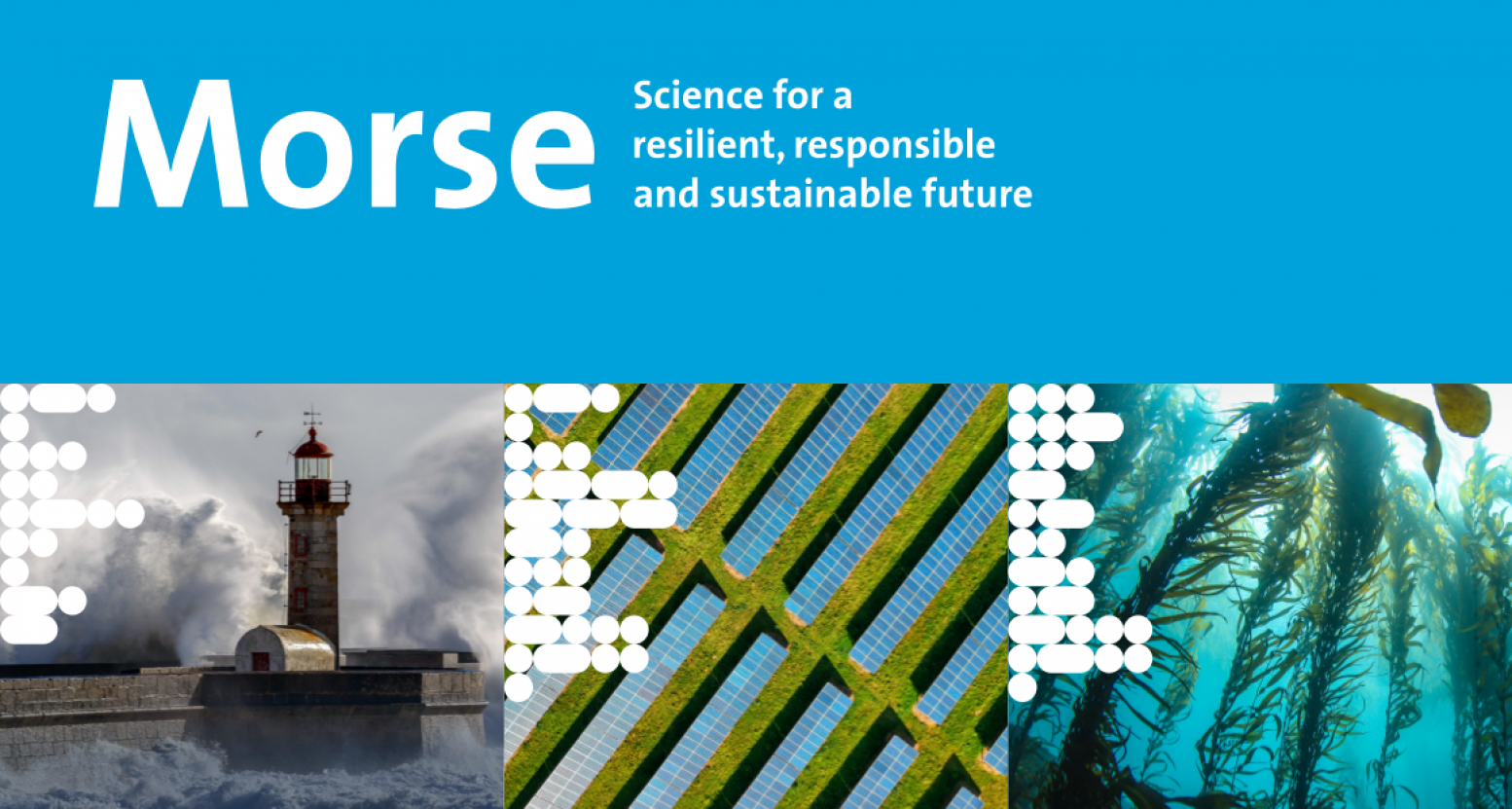MORSE (Maastricht Observatory on Responsible, Resilient and Sustainable Societies, Economies and Enterprise)
The Project
The Project
Traditional university education is boring and slow to adapt to the needs of our changing society.
At MORSE’s Maastricht Immersive Learning Lab (MILL) we want to change that. The MILL intends to help UM create more engaging and real-world learning experiences for students and professionals in the region and beyond. We know that learning is much more effective when students are self-motivated and actively engaged with the material they are offered. Now, modern technology can give UM’s problem based learning (PBL) a new life. The modern gaming industry has developed a lot of techniques and approaches to ensure engagement and the grand societal challenges of climate change, inequality and digitization offer us complex real-world cases where the standard textbook approaches no longer suffice.
In the MILL we want to revolutionize education by offering students scenario-based serious games. You can play a role in that revolution. We need to research the didactic, organisational, economic and technical feasibility of this project, analysing the literature and data on pilots as we run them.
You would execute that feasibility study to help us take the next steps in developing the MILL. We offer you a dedicated team of academics to help you design and execute the research. Future opportunities include joining the MILL in various capacities, as we hope to be building up the organisation over the coming years.
This feasibility study has multiple dimensions. For the lab to become a success, we need to assess its feasibility on the didactic, technical, economic, and organisational dimensions. Is there a demand for the MILL? What can be our value proposition to our students, to the University, and to external partners? What infrastructure is essential and nice to have? How can we usefully apply ICT technology and gaming principles in immersive education at various levels and for different group sizes? Answering these questions will involve a combination of desk and field research in close collaboration with our project team (of 5 SBE academic staff).
- On the didactic feasibility, we expect a literature review on serious gaming in social sciences that should inform an in-field assessment of the effectiveness (did the students learn?) of our pilot games in 2023-2024 (P4 and P5).
- Moreover, the project should include a business model canvass to assess its economic viability and an assessment of the required physical and ICT infrastructures that our lab would need.
- We would appreciate desk research into what is available off the shelve and what would have to be developed.
- Finally, the feasibility study should include a careful mapping of relevant stakeholder groups in the region, beyond applications in the academic environment (e.g. to train decision makers how to effectively manage transitions) and.
- an analysis of how the lab could best be integrated in the existing UM governance structures.
Combining these more specialized feasibility studies in a single project makes the whole larger than the sum of the parts and offers (members of) the group flexibility in where to focus.
Research-oriented
The Client
The Client
The Maastricht Observatory on Responsible, Resilient and Sustainable Societies, Economies and Enterprise (MORSE) is an initiative set up by Maastricht University which aims to mobilise and bring together researchers across Maastricht University and beyond around the challenge of building more resilient, responsible and sustainable societies, enterprises and economies in Europe and globally as three distinct but related challenges.
MORSE examines the need for adaptive or transformative arrangements in a changing world, specifically how enterprise, the economy and society can become more responsible, resilient and sustainable.
As a part of its endeavors to promote research, education, and impact on the topics of sustainability, resilience and responsibility, MORSE has decided to develop the Maastricht Immersive Learning Lab (MILL). In this lab we want to offer serious games that allow students at all levels (BSc. to post-graduate) to experience, rather than read and hear, about the economics involved in engineering a transition to a more resilient and sustainable future. In this first year of the MILL-project, we need to do an elaborate feasibility study and we will run a serious set of pilots proposing serious games in different courses at SBE.

